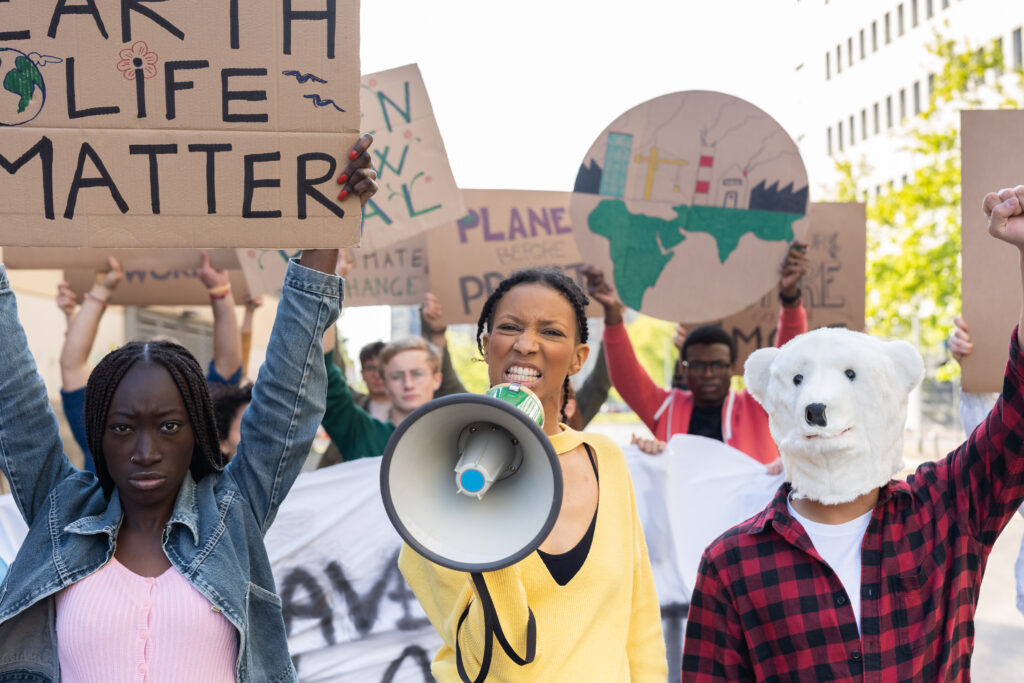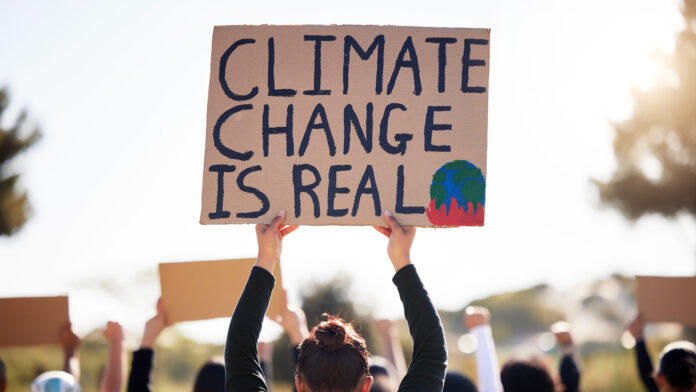How Sri Lankan Narratives Can Drive Global Climate Action
By Frontpage Journal | Climate & Communication
While climate change is measured in degrees, parts per million, and policy pledges, it’s often felt through stories of vanishing coastlines, failing harvests, or children walking farther for water each year.
In a world flooded with data but starved for meaning, storytelling has become one of the most powerful tools in the climate fight. And Sri Lanka, with its vivid landscapes, ancient wisdom,
and frontline climate experiences, is uniquely placed to lead this new wave not just as a victim of change, but as a narrator of transformation.
Why Stories Matter More Than Ever
Despite decades of reports and international summits, climate progress has been too slow.
One reason? A communication gap between climate facts and human behavior.
Studies show that emotional storytelling, not charts or warnings most effectively changes minds and motivates action. Climate stories create.
- Empathy with affected communities
- Urgency in decision-makers
- Ownership among youth
- Purpose for business leaders
This is why climate storytelling is being elevated at the UN, COP conferences, and in ESG investor briefs worldwide.
Sri Lanka From Vulnerable to Visionary
As a biodiversity hotspot facing rising sea levels, erratic monsoons, and depleting fisheries, Sri Lanka is on the frontline of climate disruption. But it’s also rich in cultural memory, resilient communities, and localized solutions from mangrove replanting in Batticaloa to climate-smart farming in Nuwara Eliya.
These are powerful narratives the world needs to hear.
How Business Leaders Can Harness Storytelling

C-suite professionals often underestimate media as a strategic climate tool. But leading firms across the globe are now investing in climate narrative strategies to,
- Rebrand themselves as solution providers
- Engage investors through ESG-aligned storytelling
- Attract climate-conscious talent and consumers
- Partner with grassroots projects for shared visibility
What Sri Lankan industries can do
- Document their sustainability journeys through short films or social storytelling
- Sponsor documentary projects showcasing climate innovation in their sectors
- Collaborate with local creatives and journalists to build cross-sector narratives
- Integrate climate messaging into corporate branding and CSR campaigns
Youth, Media, and the New Diplomacy
A new generation of Sri Lankan youth is turning to film, photography, podcasts, and social media to voice climate concerns. Platforms like YouTube, Instagram, and TikTok are becoming channels of soft power, influencing both domestic behavior and international perception.
At COP27 and COP28, young storytellers from the Global South including Sri Lanka won global attention for videos and campaigns that spotlighted climate injustice and indigenous resilience.

Supporting these voices through grants, mentorship, and media labs can build a new climate diplomacy toolkit for the nation.
Public-Private Collaboration Is Key
For storytelling to scale, Sri Lanka needs
- Climate media incubators to support creative projects
- Partnerships between businesses and local filmmakers
- Platforms like Frontpage Journal that curate and amplify climate narratives
- National storytelling campaigns linked to tourism, agriculture, or conservation
This is not just cultural. It’s economic.
Countries like Costa Rica, Kenya, and Bhutan have gained global influence and green investment by branding themselves through compelling, consistent environmental storytelling.
In a media-saturated world, attention is currency. And in the climate crisis, storytelling is strategy.
Sri Lanka doesn’t have to wait for another international report to tell its story. It can start now with every CEO who shares a sustainable transformation, every youth who uploads a coral reef video, every startup that films its regenerative business model, and every platform that gives them space.
As the climate crisis deepens, the question is no longer just what we know, but what we feel, what we remember, and what we choose to share.
In the global climate conversation, Sri Lanka has more than a seat at the table. It has a story that matters. Now is the time to tell it loudly, visually, and unapologetically.




